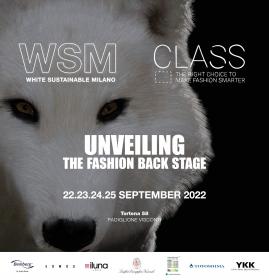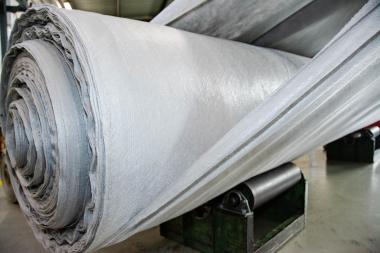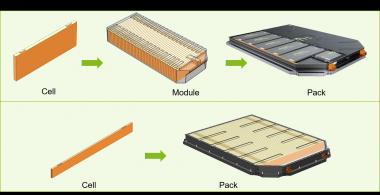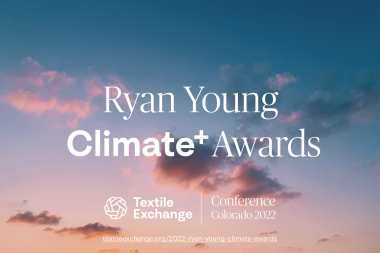WHITE and C.L.A.S.S. are back to “Unveiling the Fashion Backstage”
C.L.A.S.S. continues its path of "strategic sustainable synergies" with the aim of sharing its message of responsible innovation, and returns for the second time to Milan Fashion Week with WSM White Sustainable Milano. The objective is to represent a selected and smart path of the production chain related to materials, technologies, production, customization, finishing processes and dyes that are increasingly less impactful on the environment.
After debuting last February, “Unveiling the Fashion Backstage”, the educational and narrative journey of WSM | White Sustainable Milano developed in synergy with Giusy Bettoni, founder and CEO of C.L.A.S.S., returns to the VISCONTI HALL and grows in terms of attendance and thematic areas.
The exhibiting copmpanies are: Bemberg™ by Asahi Kasei, Maeba International, Linificio e Canapificio Nazionale SB, Edmos, Toyoshima, Iluna Group and YKK.
C.L.A.S.S. White Sustainable Milano Bemberg™ Maeba International Linificio e Canapificio Nazionale SB Edmos Toyoshima ILUNA Group YKK Corp.
C.L.A.S.S.































